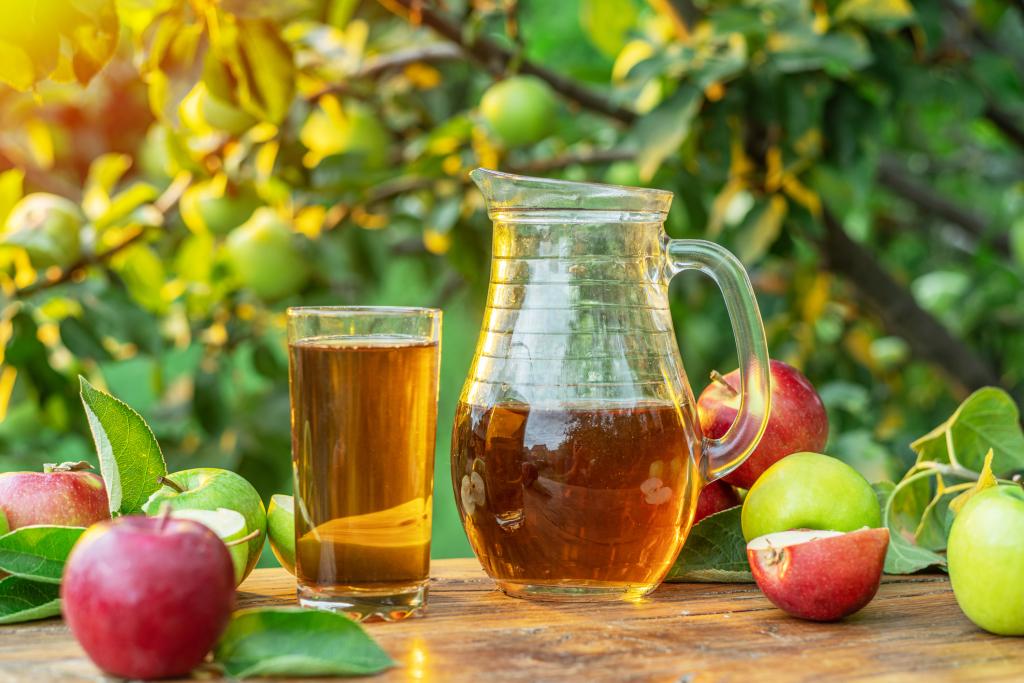A recent controversy has emerged regarding apple juice being the main ingredient in various juice brands found on grocery store shelves. A social media user pointed out that many juice options are predominantly apple juice, despite the flavor advertised on the label. For example, some flavors from the Innocent and Naked brands were found to contain high percentages of apple juice, such as 70% apple juice in certain flavors. This phenomenon has been termed “applejuiceification,” highlighting the lack of variety in juice options available to consumers.
Some social media users have shared their experiences, such as a former juice bar worker who revealed that apple juice is often added to juices to bulk up the volume at a low cost. Additionally, apple juice’s high natural sugar content allows companies to market their juices as having no added sugars. The prevalence of apple juice in many juice brands has led to jokes about being under the influence of “Big Apple.” This situation raises questions about the transparency of juice labeling and the choices available to consumers.
Despite the controversy surrounding apple juice in many juice brands, it does offer some health benefits. Apple juice contains high water content, electrolytes, and natural sugars that can help keep individuals hydrated. It also provides carbohydrates and vitamin C, with many brands offering a full day’s worth of vitamin C in a single serving. Vitamin C has various health benefits, such as minimizing common cold symptoms, promoting heart health, and aiding in collagen production. However, it is important to consider the nutritional differences between whole apples and apple juice when making dietary choices.
One of the main distinctions between whole apples and apple juice is the loss of beneficial fibers in the juicing process. Juices are typically stripped of their fibers, which help slow down sugar absorption and decrease the glycemic index of the fruit. To maximize health benefits and minimize potential drawbacks, dietitians recommend opting for vegetable-based juices or choosing juices and smoothies that retain the fruit’s fibers. While apple juice can be a convenient and tasty option, it is essential to be mindful of the ingredients and nutritional content when selecting juices for optimal health.
In conclusion, the prevalence of apple juice in many juice brands has raised concerns about the lack of transparency in the labeling of juice products. The high percentage of apple juice in various flavors has led to the term “applejuiceification” to describe this phenomenon. Despite the controversy, apple juice does offer some health benefits, including hydration, carbohydrates, and vitamin C. However, the loss of beneficial fibers in the juicing process can impact the nutritional value of the juice. To make informed choices about juice consumption, individuals are encouraged to select juices with higher fiber content or opt for vegetable-based options for optimal health benefits.


